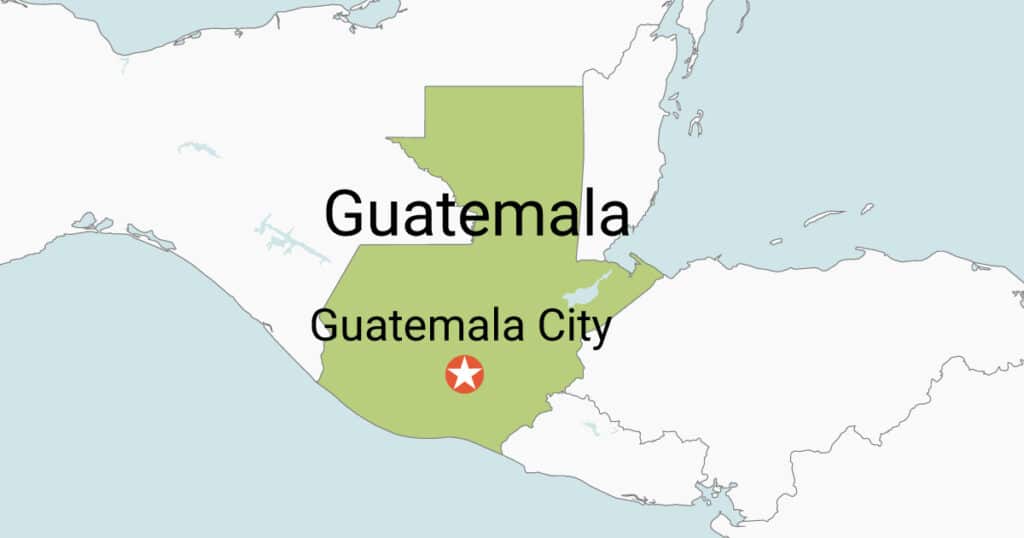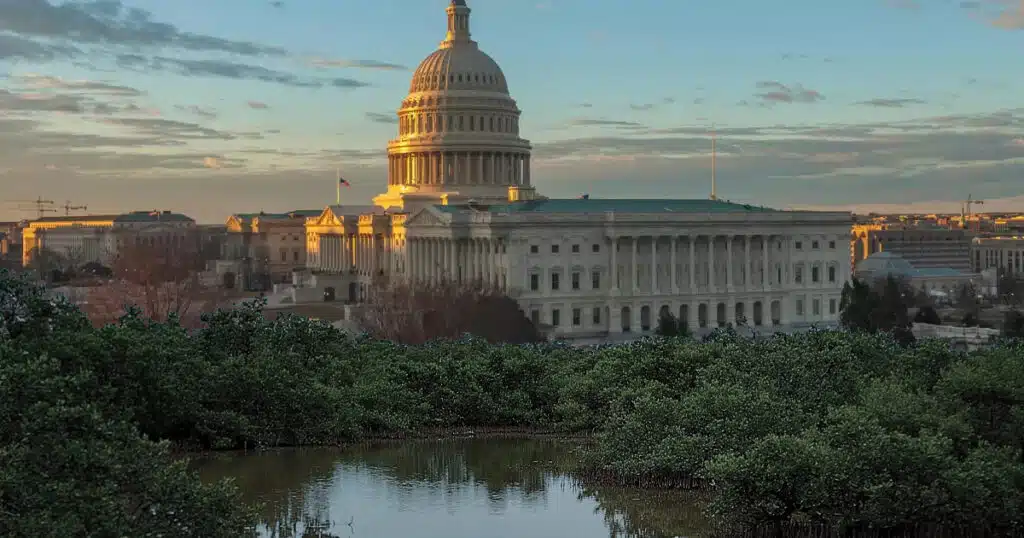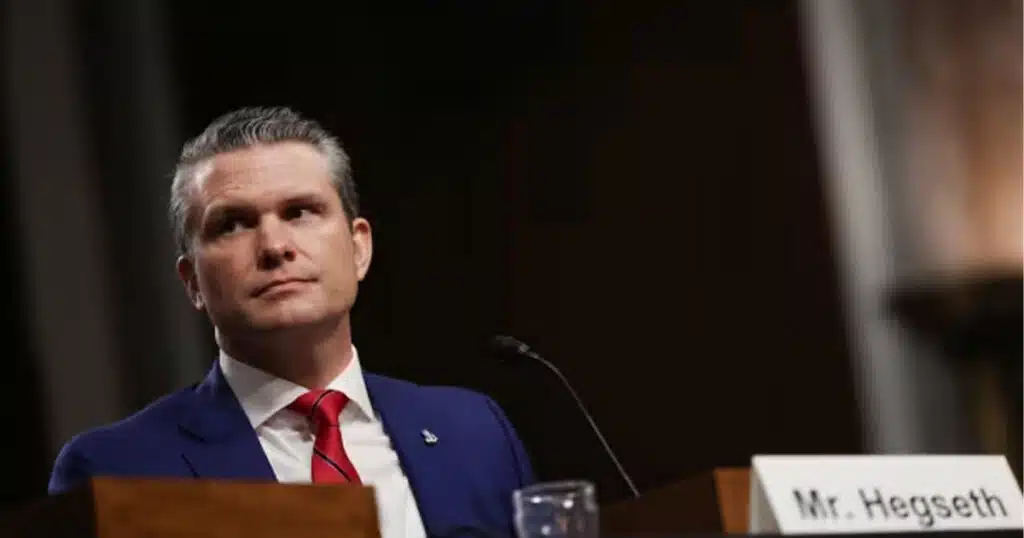
Conservative American Ally Guatemala May Fall to the Left
Elections have consequences. They can either benefit a nation or lead to disastrous outcomes. On June 25th, Guatemala held its first round of the presidential election, and the results ended disastrously for this historically conservative Central American country of 17 million people. The results also do not bode well for America, as the current government has been pro-U.S. and a staunch American foreign policy ally, and the election of a leftist government could dramatically change all that.
In an unexpected twist of events, the two candidates heading into this Sunday’s run-off elections are former First Lady Sandra Torres and Bernardo Arévalo, son of former Guatemalan President Juan José Arévalo Bermejo—both leftists. The two won the first election round with only 15% and 11%, respectively, in a deeply fractured vote.
Prior to the elections, the then-frontrunner, a conservative businessman, was controversially disqualified by the attorney general while the Right has come under heavy criticism for splintering the nation’s majority conservative vote, leaving an opportunity for the Left to gain control.
The results break this year’s string of conservative wins in Latin America. First, Chile’s Marxist president tried to radically change the country’s pro-free market form of government through a constitutional convention to rewrite the nation’s constitution. He was upended after conservatives won two-thirds of the convention seats.
Paraguay’s conservatives easily kept control of their government. And this past weekend saw conservatives in Argentina win nearly two-thirds of the vote in the first round of presidential elections amid a country financially ruined by the ruling socialist government.
It is Torres’ third time as a presidential candidate while it is Arévalo’s first. Torres campaigned on an agenda centered on “transforming Guatemala to be a place of equality, where women and men have the same opportunities, the youth find jobs, and everyone develops peace of mind.”
A social democrat, observers tell us, “She is too corrupt.” Since June, Torres has pivoted her campaign message to cast herself as a defender of the country’s deeply held conservative values—pro-life, pro-family, and pro-religion. She promises to name conservative ministers to her government if she wins. Nevertheless, public distrust of her runs high.
Bernard Arévalo hails from a new political party, Semilla. Local conservatives fear “he will make common cause with global progressives on abortion, gender identity, and a pro-LGBTQ+ platform.” Last year, Semilla unsuccessfully introduced a bill in parliament “for persons who menstruate,” a reference to “transgender” men’s rights (transgender men are biological women).
In neighboring Mexico, the ruling leftwing Morena (Movement for Social Regeneration) Party has convicted conservative members of parliament and church leaders for “gender-based political violence” for speaking out against transgender ideology. An Arévalo victory could bring similar pressures on the Guatemalan people.
During the campaign, Arévalo evaded questions about social issues and has laser focused on an appealing anti-corruption agenda. While Guatemala has made substantial improvements in democratizing its national economy, it remains riven with corruption between government and businesses and scandals that have eaten into Guatemalans’ trust in their own institutions.
Indeed, voter turnout exposed the country’s loss of faith in government, as only 60% of eligible voters showed up at the polls with 24% of them leaving their ballots blank. In sum, half of the country opted out of participating in the elections.
The impact of Guatemala’s election on American national security could be severe. The current conservative government has been a staunch U.S. foreign policy ally, recognizing Taiwan over Communist China, openly backing Ukraine over Russia, and being solidly pro-Israel and pro-U.S.
Other Latin American states have joined China’s Belt and Road initiative of receiving massive loans and infrastructure investments in return for loyalty to Beijing. Recently, current Guatemalan President Alejandro Giammattei pledged “absolute support” for Taiwan after neighboring Honduras switched sides and recognized Beijing over Taipei.
Torres promised to maintain relations with and expand economic relations with Taiwan. Her critics warn, however, that given the executive powers of the president, once in office, “she could easily switch to China.”
Alejandro Palmieri, the editor of La Republica Guatemala, warns that “Torres previously praised the PRC [People’s Republic of China] as an economic powerhouse, though she still wants to maintain relationships with the United States and Taiwan since they are important trade partners for us.”
As for Arévalo, he has made it clear that he wants to establish closer relations with China since he believes that it is essential for Guatemala’s economic growth.
Palmieri said that Guatemala’s conservative values are aligned with conservative American principles: “Guatemala is one of the U.S.’s last partners in the region that still holds conservative values such as support for a free-market economy, recognizing the hemispheric threat Communist China represents, and fidelity to the idea that the family structure is central to our lives.”
Sunday’s election results could threaten those shared values should international progressives find a new base in Central America. No doubt, as the White House has done with Marxist victors in Brazil and Colombia and progressives elsewhere in the hemisphere, it is likely only too keen to roll out the red carpet for Guatemala’s next leftwing president.



